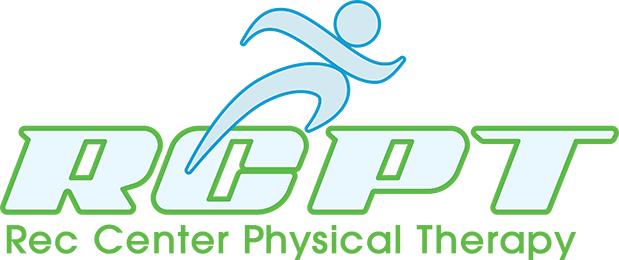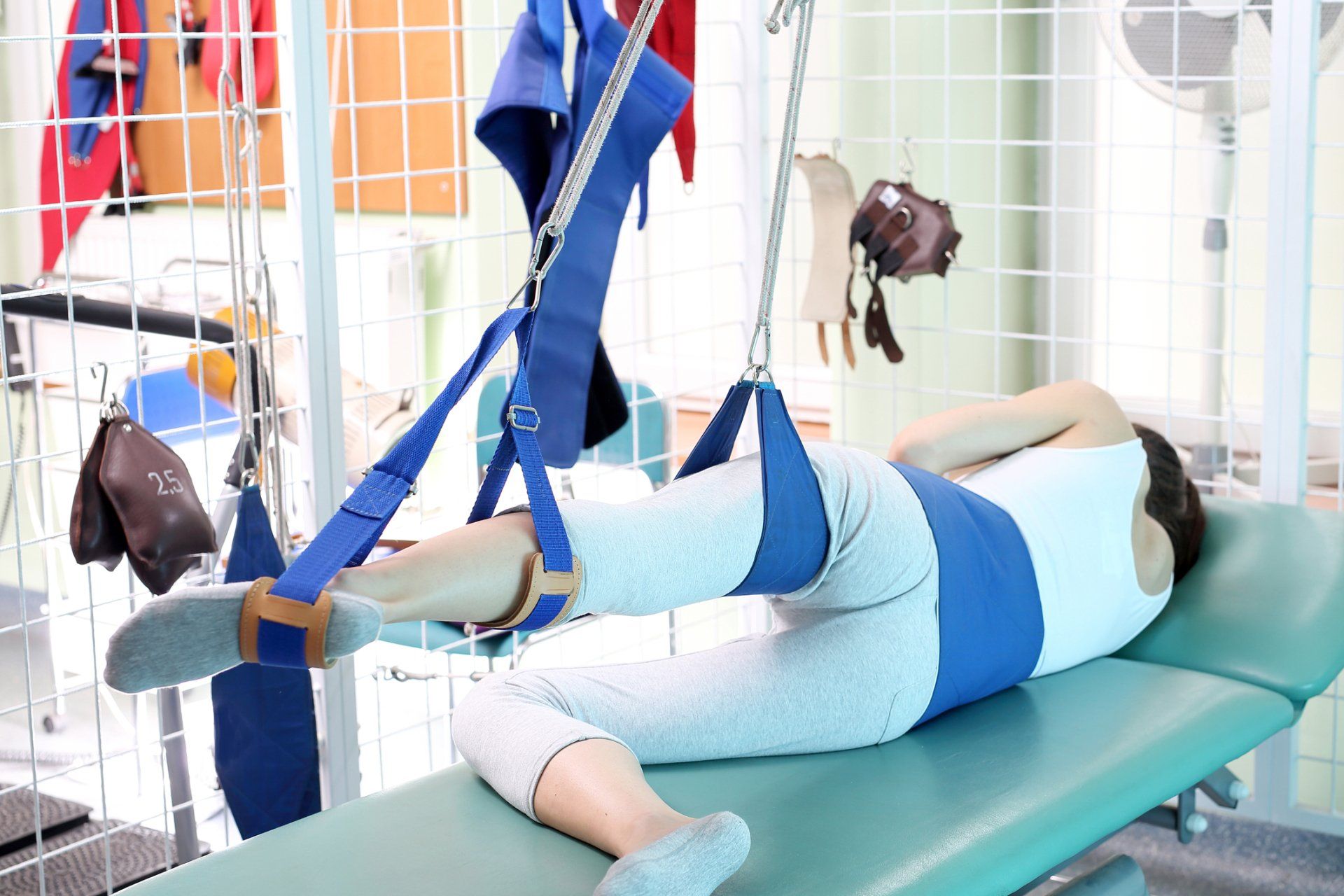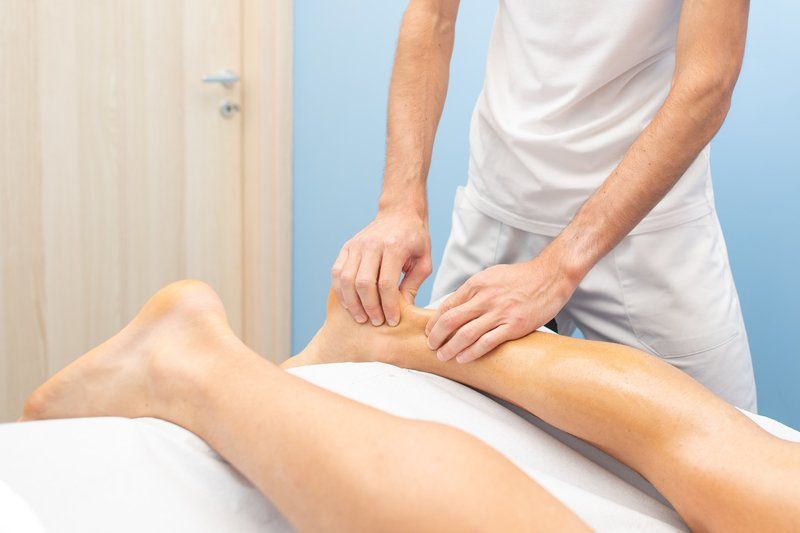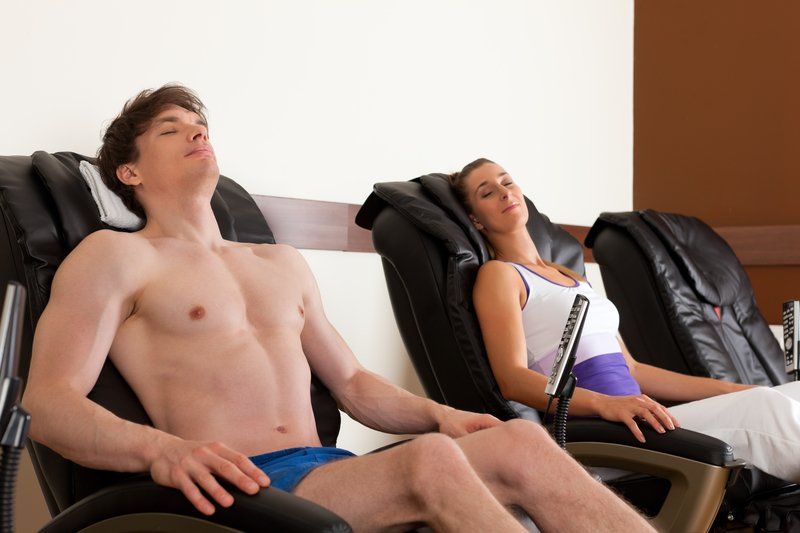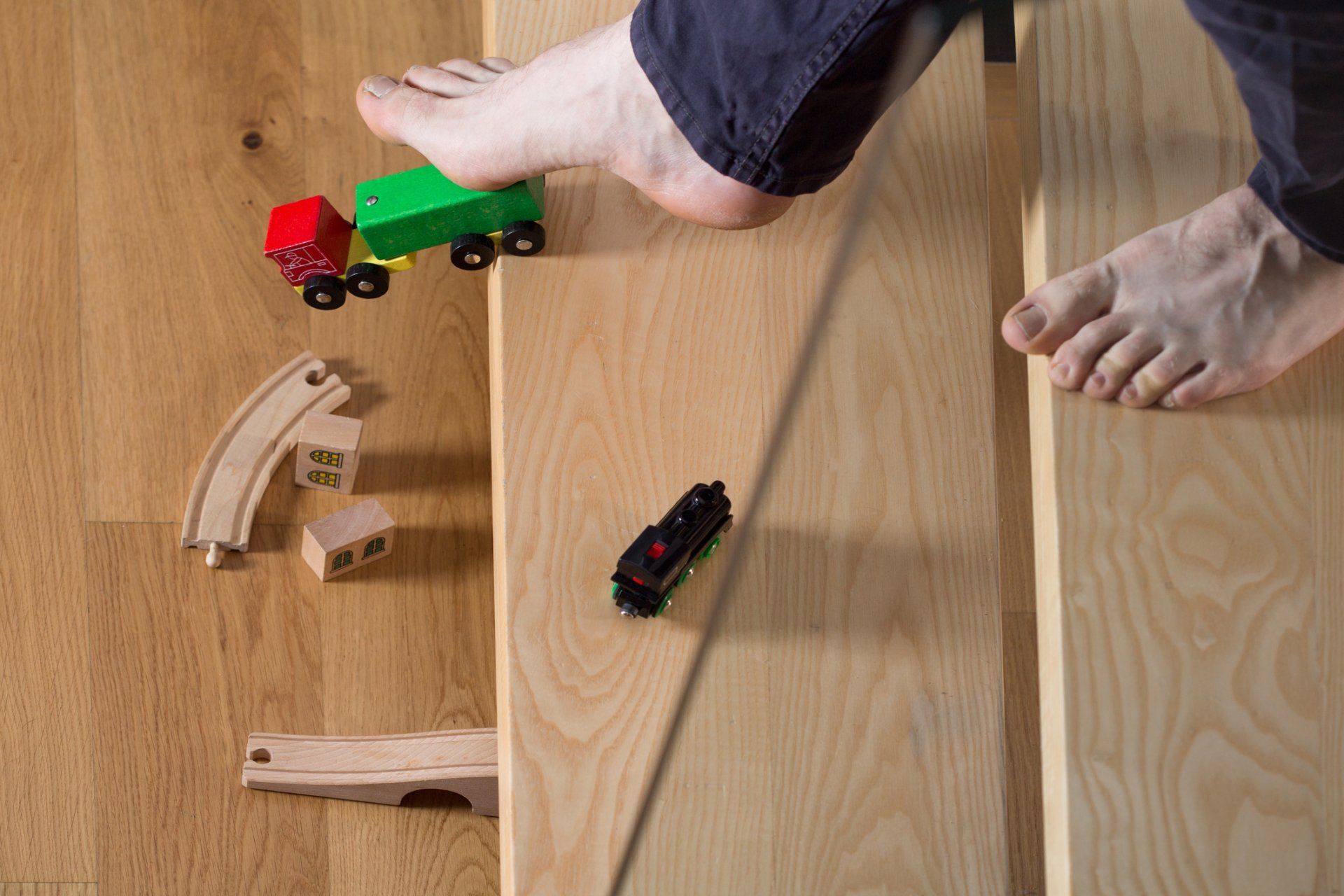Women's Health Physical Therapy
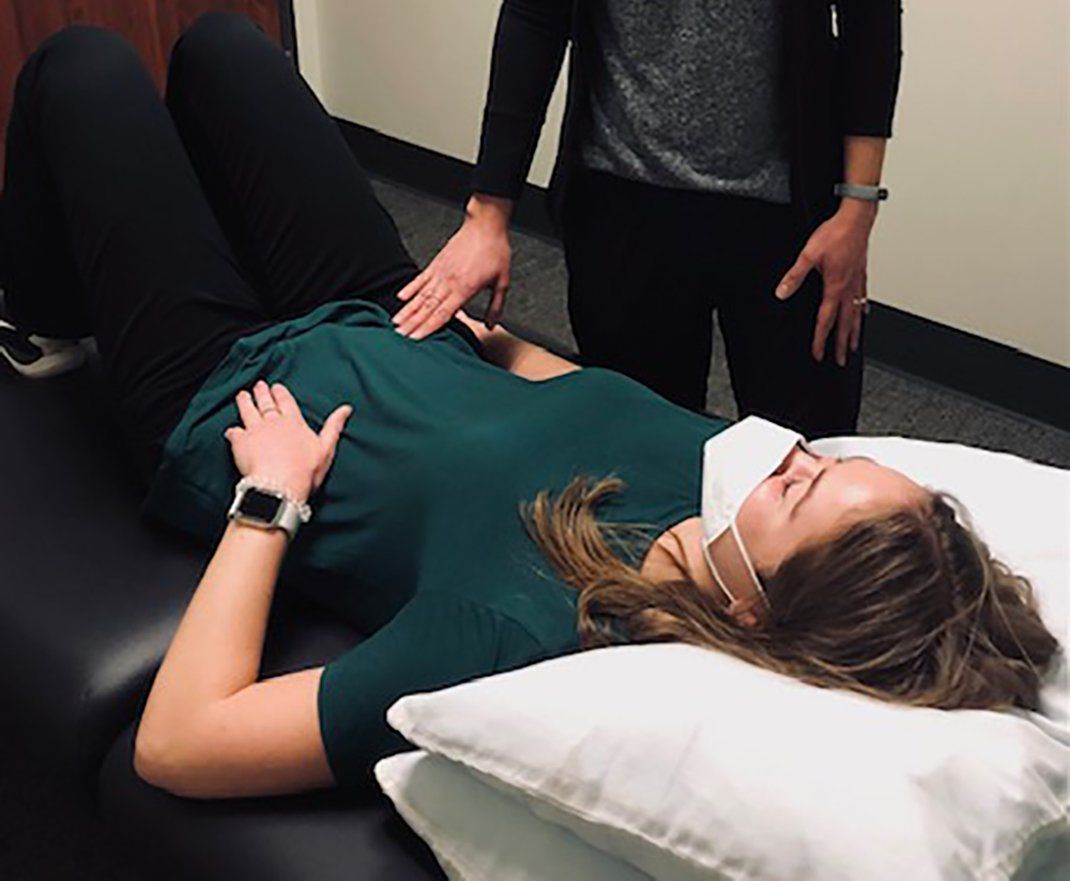
There are many conditions related to women's health that can be treated through physical therapy. Some of these conditions include urinary incontinence (leaking urine), pelvic pain, pelvic organ prolapse, urinary frequency, and diastasis recti (the separation of abdominal connective tissue which commonly occurs during and post pregnancy). Treating these conditions often takes a “whole body” approach from looking at your mid back mobility, rib cage movement, hip strength and even your foot strength! Strengthening just the core and pelvic floor is not always the full solution. Often, one part of the body is tight or weak which puts too much strain either on the pelvic floor (in the case of prolapse) or on the abdominal connective tissue (in the case of diastasis.).
Let's talk a little more about a few of these conditions and what is "normal".
Urinary stress incontinence is common in women and examples of this include leaking small amounts of urine with sneezing, coughing, running or jumping. Studies have shown that 25% of female athletes struggle with urinary incontinence. Even though this is common, it should not be considered just a "fact of life"; it is something that can be treated! Many women are familiar with Kegel exercises, but there are times that these exercises are actually not the solution. So if you are trying to strengthen your pelvic floor on your own without success, pelvic floor PT can help you find a better solution.
Pelvic organ prolapse is also a common problem in women. Depending on the stage of prolapse, symptoms can be improved through physical therapy. Symptoms of prolapse can include a feeling of heaviness or pressure in the pelvis, difficulty starting a stream of urine or difficulty fully emptying the bladder.
Research has shown that 1 in 7 women have suffered from pelvic pain. There are many conditions that can cause pelvic pain, including overactive pelvic floor muscles. Pelvic health physical therapy can help identify and treat the cause of your pain.
Diastasis Recti is the separation of abdominal muscles that commonly happens during and after pregnancy. Having a diastasis can make it hard for you to effectively use your core muscles to accept load through your body.
What can you expect during your first visit?
Your general strength and mobility will be assessed. We will talk about your health history, symptoms and goals. Some women benefit from internal assessment of pelvic floor muscle tightness, tenderness and strength. However, if you prefer, there are many treatment and assessment options that do not require any internal treatment.
Anya Polehna, DPT, earned her Doctorate in Physical Therapy from the University of Iowa. She has 12 years of experience as a physical therapist and has been specializing in women’s health for 7 years. She enjoys working with patients, addressing their individual needs to help them return to the activities they love.
Call the Rec Center Physical Therapy clinic at 319-295-8899, to schedule your women’s health physical therapy appointment today.



